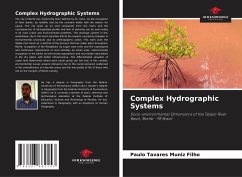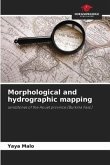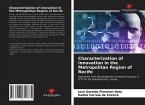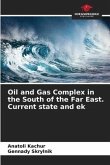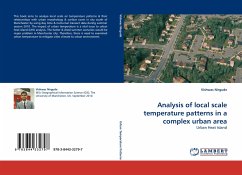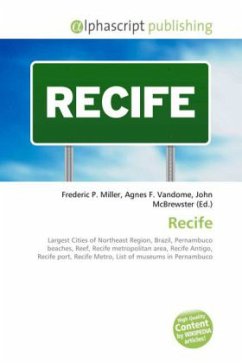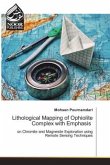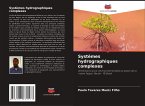The city of Recife has historically been defined by its rivers, by the occupation of their banks, by landfills and by the constant battle with the waters for space. The city grew up on land conquered from the rivers and the consequences of disorganized growth and lack of planning can be seen today in its main urban and environmental problems. The drainage system in this amphibious city is the most sensitive link to the impacts caused by changes in environmental processes due to anthropogenic action. This work uses the Tejipió river basin as a portrait of the process that has taken place throughout Recife: occupation of the floodplains by sugar cane mills and the subsequent and continuous replacement of rural activities by urban ones; indiscriminate occupation of the banks by low-income populations and real estate speculation in the dry plains with better infrastructure. The differentiated valuation of urban land determines where each social group can live and, in this context, environmental issues acquire relevance due to the social exclusion evidenced in the unhealthiness of riverside areas and the low quality of life of those who live on the margins of Recife society.
Bitte wählen Sie Ihr Anliegen aus.
Rechnungen
Retourenschein anfordern
Bestellstatus
Storno

